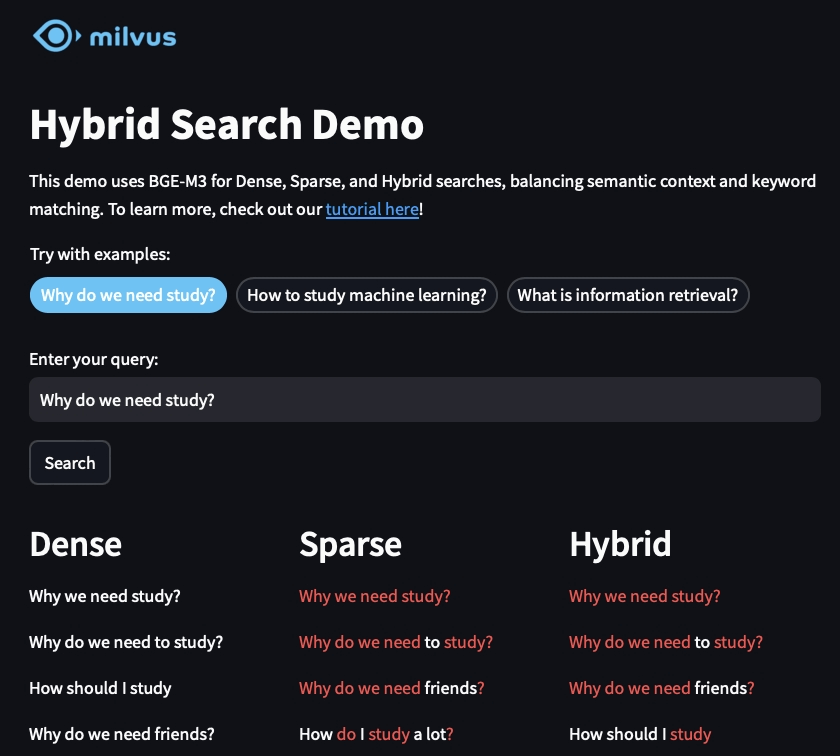Query logs improve full-text search by providing insights into user behavior, enabling search systems to refine relevance, correct errors, and adapt to real-world usage patterns. When users interact with a search engine, their queries, results clicked, and session data are logged. Analyzing this data allows developers to identify common search patterns, frequent typos, or gaps in content coverage. For example, if users consistently search for “wireless headphnes” but rarely click results, the logs suggest a misspelling (“headphnes” instead of “headphones”). The system can then prioritize spell-checking for that term or add it to a synonym list, improving future results.
One key benefit is optimizing relevance ranking. Query logs reveal which results users find most useful based on clicks or dwell time. If a specific document is frequently selected for a query, the search engine can boost its ranking for that query. For instance, if users searching for “Python tutorials” often click a beginner-friendly guide, the system can learn to rank that guide higher. Additionally, logs help identify underperforming queries. If users abandon searches for “REST API authentication example” because no results match, developers can prioritize indexing content that fills this gap, ensuring the engine surfaces relevant material.
Query logs also enable query expansion and personalization. By analyzing repeated or refined searches, the system can infer related terms or synonyms. For example, if users searching for “vector database” later search for “similarity search,” the engine might link these concepts and expand queries to include both terms. Similarly, logs can reveal regional language variations (e.g., “lift” vs. “elevator”) or technical jargon specific to a user group. Developers can use this data to configure synonym lists, adjust tokenization rules, or train machine learning models to better interpret ambiguous terms. Over time, these refinements create a more intuitive and context-aware search experience.
